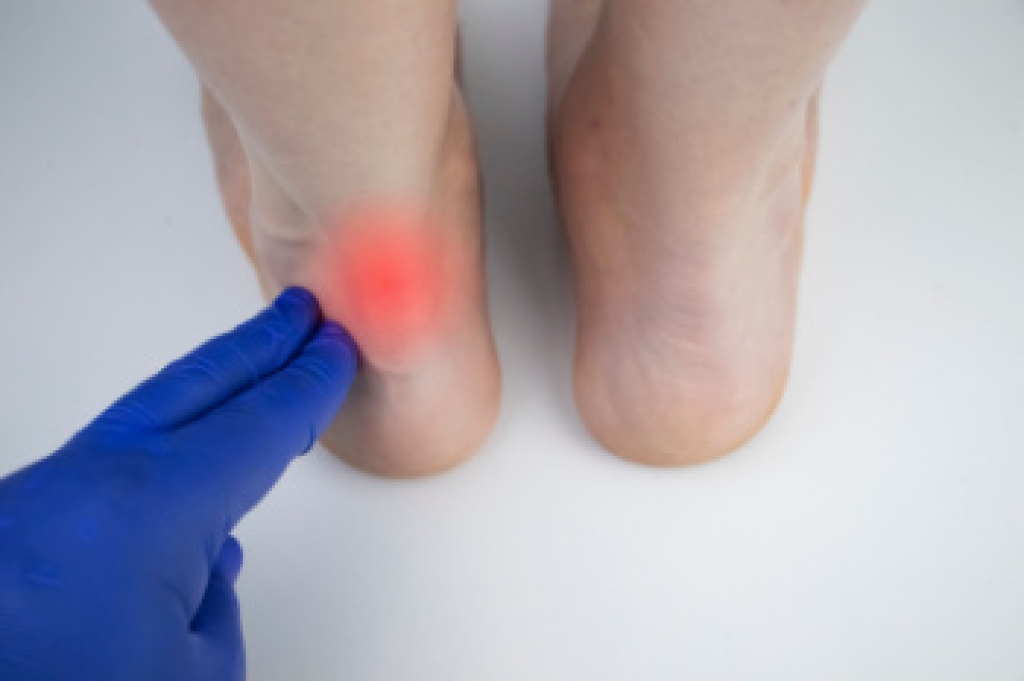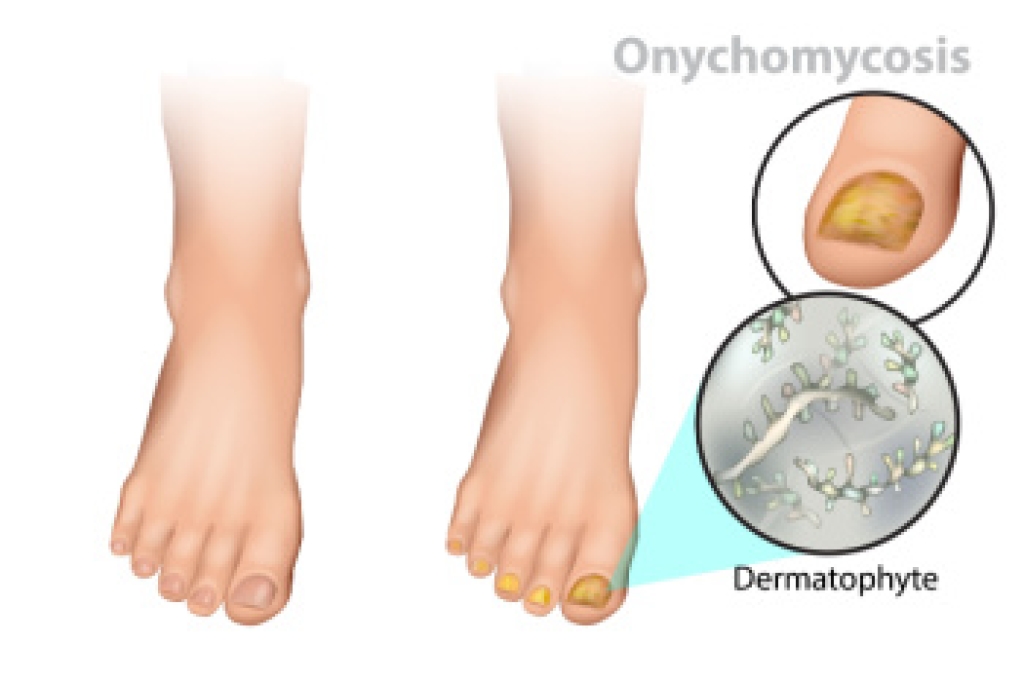
Achilles tendonitis is an inflammation of the tendon that connects the calf muscles to the heel bone. It often develops when the tendon is overstressed, leading to pain and stiffness at the back of the ankle. Common causes include over-training, sudden changes in training surfaces, tight hamstrings, poor shoes, and frequent running on an incline. These factors place extra strain on the tendon and can lead to gradual irritation. A podiatrist can evaluate the severity of the condition, provide targeted treatments, recommend proper footwear, and guide stretching and strengthening plans to support healing. If Achilles tendon pain is affecting your daily life or exercise routine, it is suggested that you schedule an appointment with a podiatrist who can offer effective relief and treatment solutions.
Achilles tendon injuries need immediate attention to avoid future complications. If you have any concerns, contact one of our podiatrists of Cleveland Foot & Ankle Clinic. Our doctors can provide the care you need to keep you pain-free and on your feet.
What Is the Achilles Tendon?
The Achilles tendon is a tendon that connects the lower leg muscles and calf to the heel of the foot. It is the strongest tendon in the human body and is essential for making movement possible. Because this tendon is such an integral part of the body, any injuries to it can create immense difficulties and should immediately be presented to a doctor.
What Are the Symptoms of an Achilles Tendon Injury?
There are various types of injuries that can affect the Achilles tendon. The two most common injuries are Achilles tendinitis and ruptures of the tendon.
Achilles Tendinitis Symptoms
- Inflammation
- Dull to severe pain
- Increased blood flow to the tendon
- Thickening of the tendon
Rupture Symptoms
- Extreme pain and swelling in the foot
- Total immobility
Treatment and Prevention
Achilles tendon injuries are diagnosed by a thorough physical evaluation, which can include an MRI. Treatment involves rest, physical therapy, and in some cases, surgery. However, various preventative measures can be taken to avoid these injuries, such as:
- Thorough stretching of the tendon before and after exercise
- Strengthening exercises like calf raises, squats, leg curls, leg extensions, leg raises, lunges, and leg presses
If you have any questions please feel free to contact our offices located in Cleveland, Independence, and Kent, OH . We offer the newest diagnostic tools and technology to treat your foot and ankle needs.




